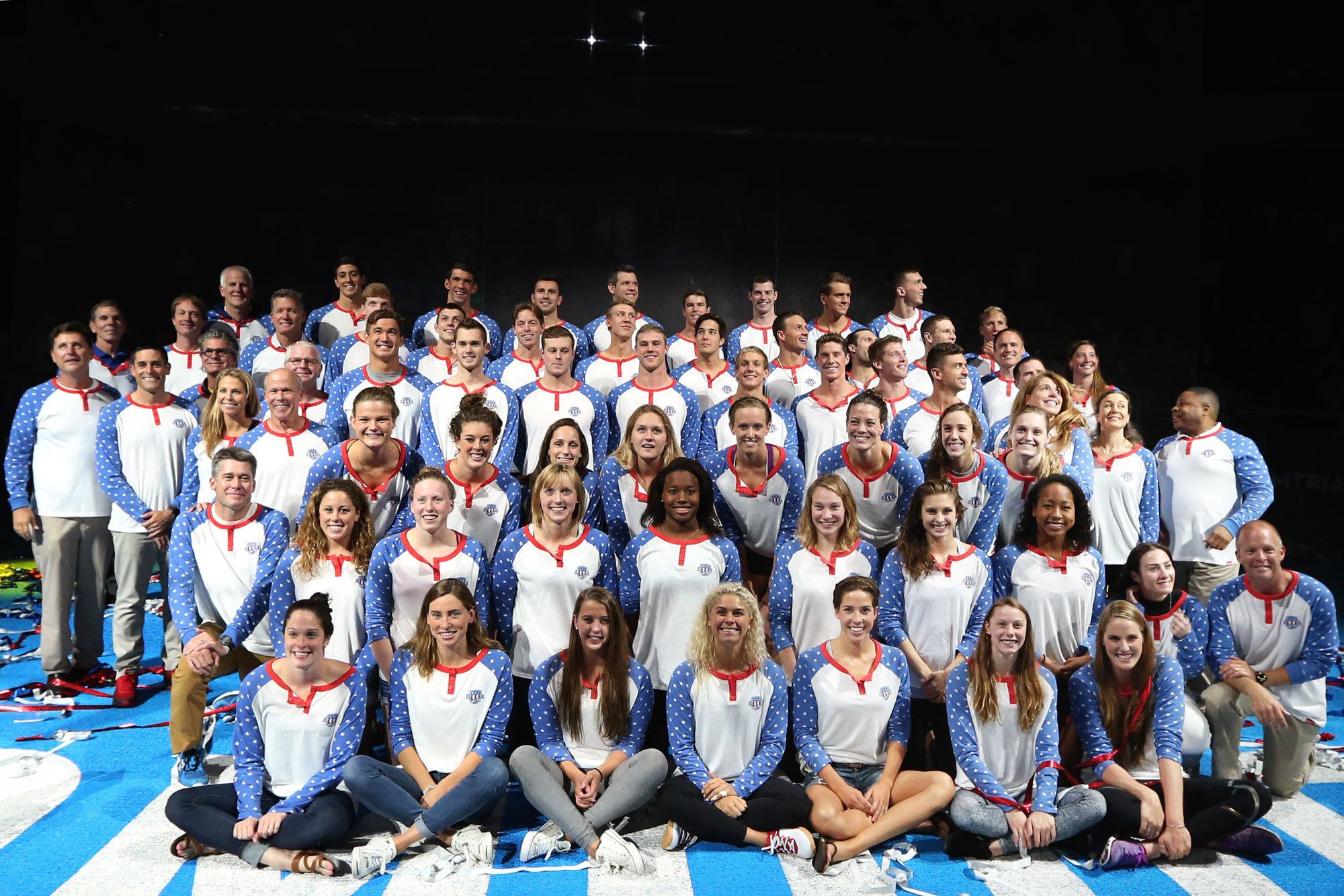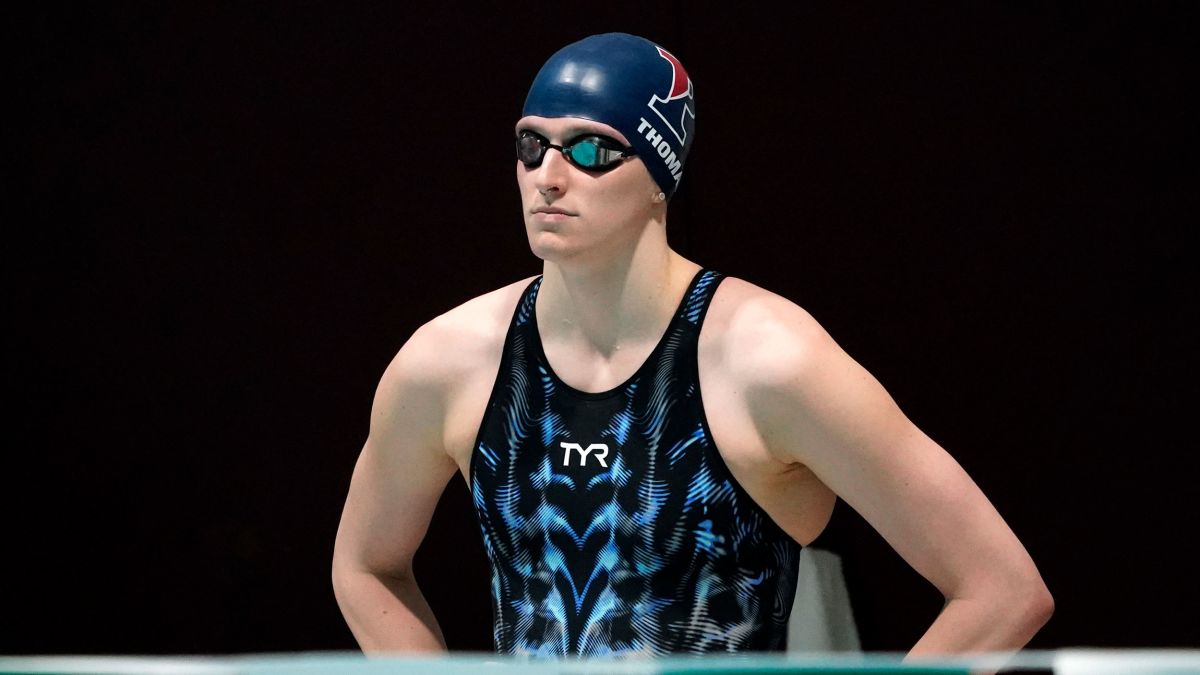In the ongoing debate surrounding the participation of transgender athletes in sports, the case of Lia Thomas, the University of Pennsylvania swimmer, has become a flashpoint of controversy. However, to truly understand the nuances of this issue, we must move beyond the narrow focus on Thomas’ body and delve deeper into the broader societal and systemic challenges faced by transgender individuals in the world of competitive athletics.

The conversations surrounding Thomas’ participation have often devolved into reductive discussions about physical advantages and fairness, ignoring the complex realities that transgender athletes must navigate. The truth is, the issues at hand go far beyond the perceived physiological differences between cisgender and transgender athletes. At the heart of this debate lies a fundamental question of inclusion, equality, and the recognition of transgender individuals as full and valued members of our athletic communities.

One cannot dismiss the valid concerns about competitive fairness that have been raised, but these concerns must be balanced against the need to create an environment that is truly inclusive and supportive of all athletes, regardless of their gender identity. The solution, then, lies not in simply excluding transgender individuals, but in finding ways to ensure a level playing field while also protecting the fundamental rights and dignity of those who identify as transgender.
This may require a nuanced and thoughtful approach, one that considers the specific circumstances of each sport, the evolving scientific understanding of the impacts of gender transition on athletic performance, and the lived experiences of transgender athletes themselves. It is a complex issue that demands a nuanced and compassionate response, one that prioritizes the well-being and inclusion of all participants while also respecting the legitimate concerns about competitive integrity.
Moreover, the Lia Thomas case has shed light on the broader societal challenges faced by transgender individuals, not just in sports, but in all aspects of their lives. The discrimination, marginalization, and lack of understanding that many transgender people experience can have profound impacts on their mental health, their sense of self-worth, and their ability to fully participate in the activities and communities that are so vital to human flourishing.
As we grapple with the complexities of this issue, it is imperative that we approach it with empathy, compassion, and a genuine commitment to creating a more inclusive and equitable world. The voices of transgender athletes and their allies must be heard, and their experiences must be understood and respected, even as we navigate the challenging questions of fairness and competitive integrity.
In the end, the Lia Thomas case is not just about one swimmer’s body or one sport’s rules. It is about the fundamental human rights and dignity of transgender individuals, and our collective responsibility to ensure that all people, regardless of their gender identity, have the opportunity to fully participate in the activities and communities that enrich our lives. It is a complex and nuanced issue, to be sure, but one that demands our thoughtful and compassionate attention.





